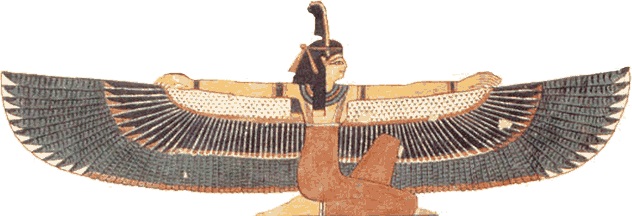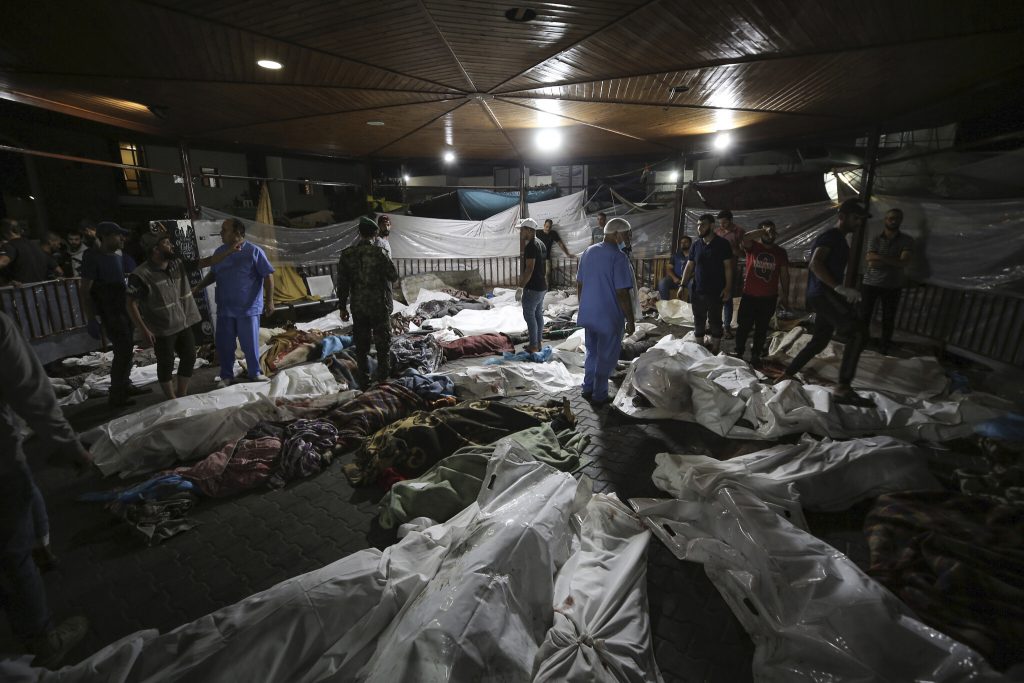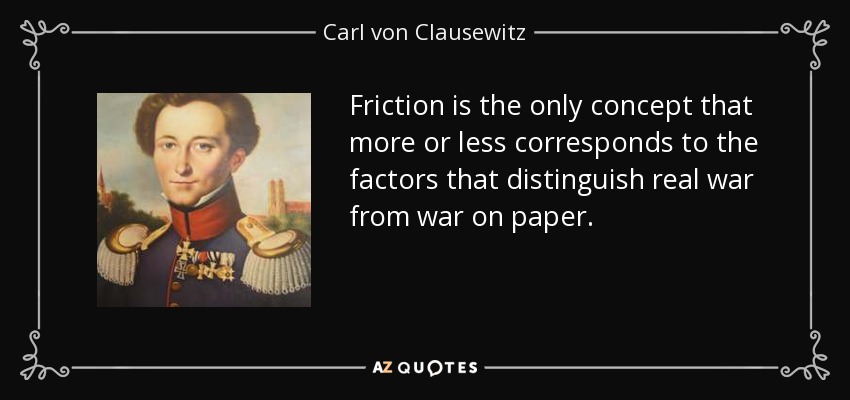
Maath, the Egyptian goddess of Justice
As those who read my autobiography, History and Me, know, I first discovered history in 1956 when I was ten years old. Rummaging in a sack full of books that my parents had put away in a storeroom that served all the neighbors in our building, I came across a volume entitled, Wereld Geschiedenis in een Notedop (Dutch: World History in a Nutshell). Probably published around 1932, it was meant for children about my age and was full of interesting stories as well as illustrations. To provide just two examples, there was the story of France’s Louis XIV. So conceited was he that he maintained a special claque to laugh at his jokes as he told them. And there was a black and white drawing of a monk, Berthold Schwarz, who had invented gunpowder and had his cap blown off for his pains. Almost there and then I decided I wanted to know more. In other words, become a historian; even though I had no idea of what historians actually did.
Ten or so years later I was a student at the Hebrew University in Jerusalem with history as my most important subject (the other was English, but that is a different story). Working under the supervision of teachers like Prof. Shlomo Avineri, a famous political scientist who, aged 100, left us just a few days ago. An expert on Hegel and Marx, Avineri drew our attention to the fact that there is more—much more—to history than simple stories, good or bad, entertaining or otherwise. The shift was gradual and never quite complete. Going on 78 as I do I still like stories: whether by way of illustrating an argument or simply because they are entertaining.
As time went on I came to look at the matter in a different way. History, Hegel and Marx taught, was not just a question of joining stories like beads on a string—once upon a time there was such and such a person or persons who did such and such things. It was, rather, a vast tapestry which, as it was being unrolled, brought to light, in the form of the patterns woven into it, not just events but the laws that governed them. To be sure, the laws in question were not as rigid as those governing the natural sciences. Still they were real enough. Going along with them brought success; trying to resist them, the opposite. Given hard work, lots of patience, and, on occasion, a touch of genius, they could be discovered, observed in action, understood, and, to some extent, used to look into the future. As it happened, rerum cognorscere causas—to know the causes of things—was the motto of the London School of Economics where I later wrote my dissertation.
The cardinal pillar in all this was truth. Absolute or fuzzy, to be of any use the laws that governed the course of history had to be based on truth. Veritas liberabit vos, truth will set you free (St. John). Sine ira et studio, without anger and without flattery (Tacitus) Wie es eigentlich gewesen [ist], as things really happened (Leopold von Ranke). Truthfulness was the cardinal quality by which history, here understood not as the past itself but as the record of the past, was judged. Much more important than style, or poignancy, or entertainment value, and serving as the granite foundation on which everything else was, or ought to be, built.
The theory, or perhaps it was merely an approach, served me well. Partly because I firmly believed it was the only correct one. And partly because it fitted marvelously well into my chosen field of study, i.e military history. In my experience soldiers, kept busy by their superiors, rarely have much use for military history. If they study it, then that is mainly because they are made to—at military academy, at a staff college, and at a war college. However, ignoring the warnings of commanders such as Napoleon and Moltke, and except when it comes to all kinds of odd traditions, few of them really take it to heart. To the extent that they do so they tend to focus on recent history, often the more recent the better. In a fast-changing world where new technologies and techniques succeed each other at breakneck speed, why waste time on a Caesar, or a Napoleon, or even a Pershing? By following the path I did, I made military history relevant for my students and my readers. As one of the former, an American major, wrote, my course just grew on him. The fact that I often used anecdotes to illustrate what I was saying helped.
So things remained for about four decades. Hard-working decades, decades during which I was able to learn a great deal and visit a great many people, universities, militaries and countries, opportunities for which I have always remained grateful. Still the point came when I began to have my doubts. The key development that triggered off everything else, albeit that I got to it much later than many others, was my encounter with the work of the French philosopher Jacques Derrida. To put it in a nutshell, he taught that texts—old texts, new texts, and future texts as far as the eye can see—say not just what they say but whatever the reader, on the basis of his/her interests and his/her personality and will, chooses to put into them. Truth, the one thing I had been looking for throughout my professional life, did not exist. Instead there were as many truths as there were readers. Some interesting, others not. Some well written, others not. But none superior to any of the rest.
This was the opposite of what I had always believed. To make things even worse, Derrida and his countless followers effectively obliterated the distinction between history and literature/fiction. Do not misunderstand me: I have always liked reading fiction, as I still do. It can inspire, it can entertain, it can teach. Provided it clearly defines itself and does not deliberately try to mislead and pretend to be something it isn’t, fiction is no less valuable than any other form of intellectual endeavor, including not just history but the hard sciences too. But to present things that did not happen as if they did—no.
Marching hand in hand with deconstructionism, or postmodernism, or whatever people called it, came the revolution in electronic communications. Instead of a handful of TV stations, there were suddenly hundreds if not thousands to choose from. Instead of focusing on relatively nearby events that were most likely to affect the viewer, they connected each of their users with the furthest corners on earth. To say nothing about the social media, which made it possible for anyone to spew his/her own truth, as well as computers which enabled that truth to be stored and transmitted and brought to life on some kind of screen. And altered and manipulated, of course: when Goebbels claimed that “pictures do not lie,” that itself was the greatest lie of all.
Worse still, many of these things themselves are done in the name of truth. Whether or not that was the case, truth was stifled, drowned, and overwhelmed until it expired by a thousand cuts. To the point where, among the young in particular, many simply gave up. This left me hanging between two cliffs. On one side was the kind of history I had admired, studied and done my best to write during most of my life. On the other, my belief in the factor that used to both justify and underpin this kind of history, namely truth. That belief has now been shattered. Not only because, compared to the vast number of questions that remain to be studied and answered, my efforts had been puny—of course they had been. But because truth does not exist in the first place.
Old man, what next?









 Imagine a number of families—say, ten of them. Some with children and the elderly, some without. Living in the same town, they decide to spend a day together. Fun for the kids, relief for the adults who will not have to ensure that their offspring get bored. Meeting point is at 1100 hours, at place X where there is good parking. From there they plan to drive fifty miles to the beach, arriving at 1200. What could be simpler? But no. Family A finds that the GPS of their car (old and somewhat battered) refuses to work and so informs the rest (some get the message, some don’t). Family B cannot leave their home before grandfather, who is a widower and had lost his false teeth, finds the other set he owns.
Imagine a number of families—say, ten of them. Some with children and the elderly, some without. Living in the same town, they decide to spend a day together. Fun for the kids, relief for the adults who will not have to ensure that their offspring get bored. Meeting point is at 1100 hours, at place X where there is good parking. From there they plan to drive fifty miles to the beach, arriving at 1200. What could be simpler? But no. Family A finds that the GPS of their car (old and somewhat battered) refuses to work and so informs the rest (some get the message, some don’t). Family B cannot leave their home before grandfather, who is a widower and had lost his false teeth, finds the other set he owns.